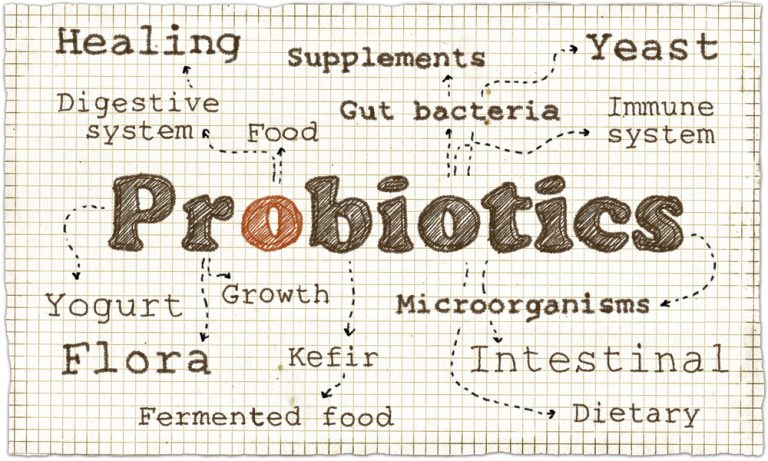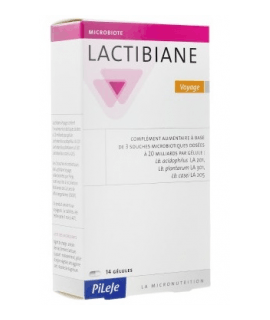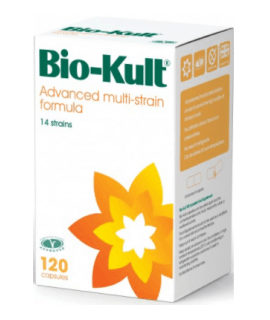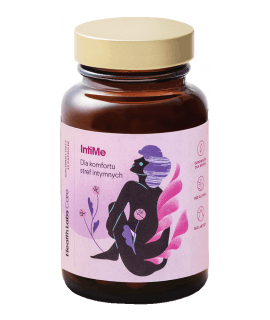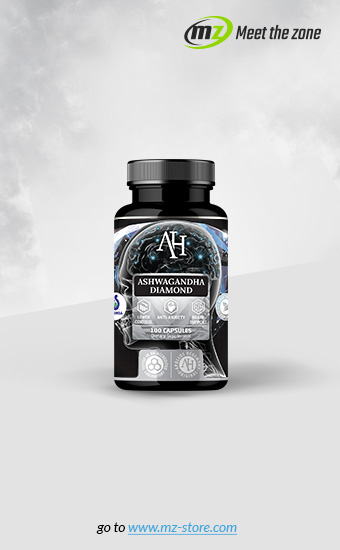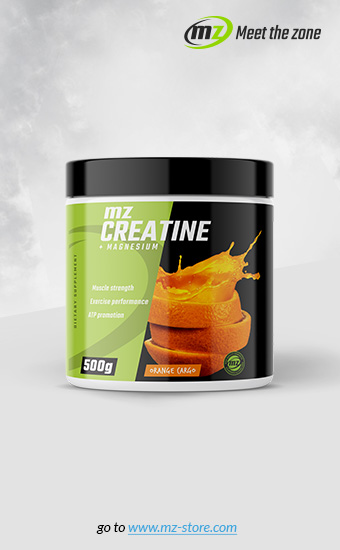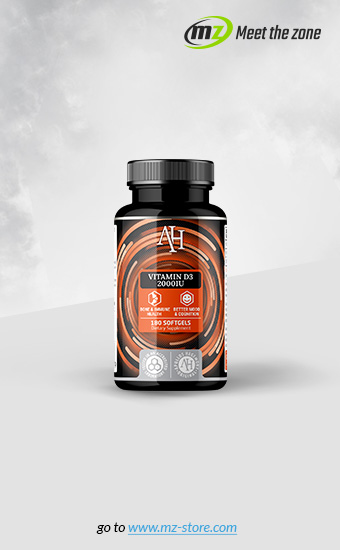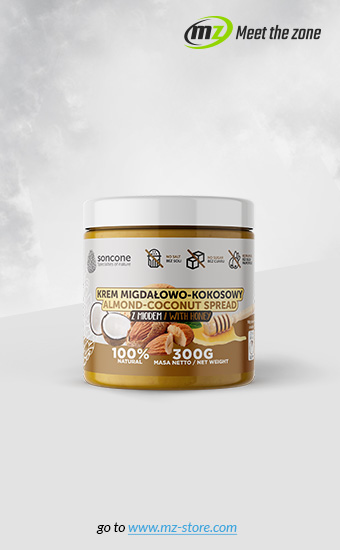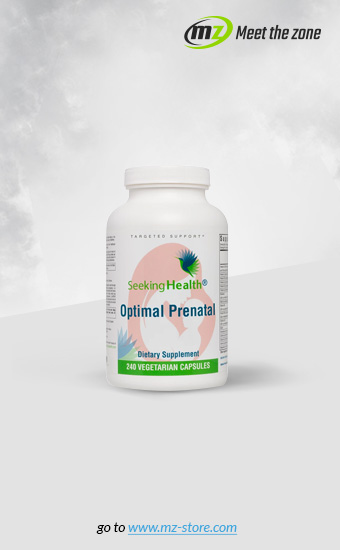Irritable bowel syndrome (IBS) is a term used to describe a collection of digestive complaints including bloating, constipation, diarrhoea and cramping, but with no known disease, therefore inflammatory conditions such as ulcers ruled out. The symptoms of IBS are often believed to be a result of food intolerances and bacterial imbalances. While cutting out aggravating foods may seem like the more obvious choice to relieve symptoms, this rarely solves the problem.
Bloating and bacteria
Bloating is one of the most common issues with IBS. Excess wind in your digestive system is often caused by fermented food due to poor digestion, and an imbalance of gut bacteria. The delicate balance of beneficial bacteria and pathogenic bacteria if disrupted can result in bacterial infections and a host of aggravating waste products and gases in your gut.
Probiotics, otherwise known as ‘good bacteria’ can help to balance your gut bacteria by colonising your gut, making less room for the not so favourable pathogenic types. Taking probiotics may therefore help to reduce gas and bloating and have shown to be very effective for individuals with IBS.
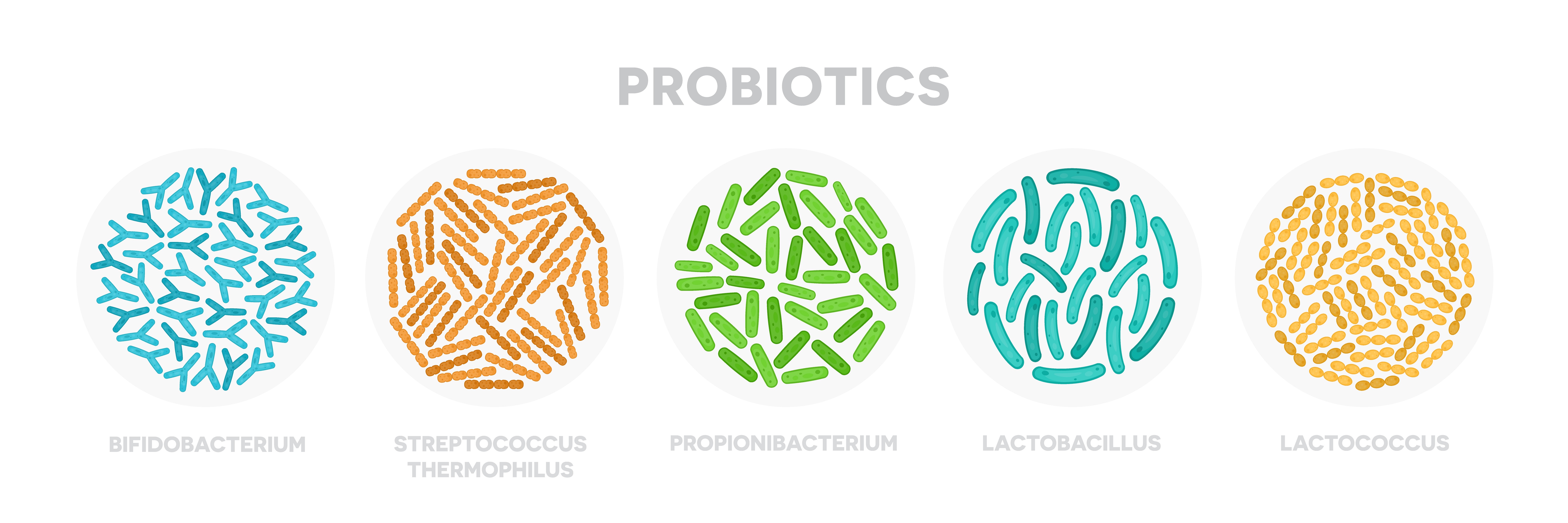
Probiotics for constipation and diarrhoea
Probiotics may also help to relieve constipation, which is also common with IBS. Chronic constipation on its own may be relived with an increase in fibre and water, but when constipation occurs alongside bouts of diarrhoea, this could be a sign of a bacterial infection and probiotics may be needed. Experiencing diarrhoea after eating uncooked meat or after travelling abroad may also suggest a bacterial infection.
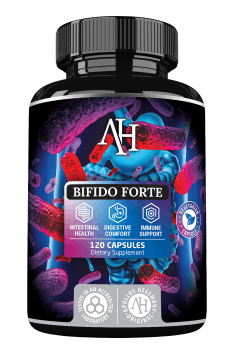
What probiotics to take
When considering which probiotics are best, opt for those with multiple strains including bifidobacterium, as these have significant research behind them, especially for relieving bloating. A probiotic supplement with a dose of at least 10 billion bacteria per day is considered optimal. If you are taking probiotics after a course of antibiotics, opt for double this dose for the first 2 weeks.
Probiotic drinks may also help, however can in some cases aggravate IBS if the drinks contain milk and sugars which may exacerbate bacterial imbalances and lactose intolerances.
Prebiotics and fermented foods
Both probiotics and prebiotics should be considered when trying to balance gut bacteria as probiotics provide the bacteria, while prebiotics are the food to help the probiotics multiply. Prebiotics are found in chicory, asparagus, artichoke, leeks, onions and bananas. Aim to have at least one of these foods each day. Prebiotics can also be taken in supplement form, often labelled as FOS (fructooligosaccharides).
Natural probiotic yoghurt or fermented foods such as tempeh and sauerkraut may also help to balance gut bacteria. The process of fermenting these foods creates a host of beneficial bacteria and enzymes.
Identify bacterial imbalance with a digestive stool analysis
If probiotics slightly improve symptoms of IBS, but not completely rid them, it may be worth having a digestive stool analysis to investigate the types of bacteria causing issues, as well as potential yeast and parasite infections. A stool test may also pick up digestive enzyme insufficiency and gut inflammation.
